Training Technicians for Emerging Industries: Lessons from Solar’s Early Days
Pioneering Workforce Training in New Frontiers
Once upon a time solar was an emerging industry. We remember those days and what it was like to adapt to a new technology.
At FS Pro (Field Service Professionals), training workforces for groundbreaking sectors is all we’ve ever done. In 2013, long before solar power became mainstream, we ran a solar panel EPC and maintenance operation, transforming roofers into electricians, electricians into roofers, and window washers into solar panel cleaners.
This experience taught us how to build versatile, high-performing teams in uncharted territories. Today, we apply those lessons to several other industries. Here are four strategies to train technicians for emerging industries, inspired by our solar journey and proven by our modern successes.
1. Cross-Train for Versatility
In 2013, solar maintenance required technicians with diverse skills: roofers needed electrical knowledge to handle wiring, while electricians had to learn safe roof navigation. We designed cross-training programs blending classroom theory with hands-on practice, enabling roofers to install solar inverters and electricians to master roof safety. Solar Industry Magazine notes that cross-training reduces skill gaps in renewable energy, a lesson we applied to a Fiber optic project, where low voltage technicians and telecom workers learned both fiber drops and customer service, achieving a 90% retention rate.
2. Adapt Existing Skills to New Contexts
Window washers in our solar operation weren’t traditional technicians, but their comfort with heights and cleaning expertise made them ideal for panel maintenance. We trained them to walk on roofs and use specialized solutions to clean panels without damage, as SEIA recommends for maximizing panel efficiency.
3. Build Hands-On, Industry-Specific Programs
Emerging industries require tailored training that reflects real-world demands. In 2013, our solar training included simulations of panel cleaning, inverter repairs, and roof installations, ensuring technicians were job-ready. NABCEP emphasizes hands-on training for solar certifications, a principle we carried into our 5-day Google Fiber program, which covered fiber drops and in-home setups. This focus on practical skills led to zero delays and a 30% efficiency boost via Salesforce Field Service integration.
4. Foster a Culture of Innovation and Adaptability
New industries thrive on teams that embrace change. In our solar operation, we held workshops to instill a problem-solving mindset, encouraging technicians to innovate on the job, like optimizing cleaning schedules to avoid peak sun hours. The National Renewable Energy Laboratory highlights culture as key to workforce retention in renewables. We replicated this in our Google Fiber project with team-building exercises, achieving 90% retention—well above the industry’s 70%—by fostering a sense of purpose and collaboration.
Why FS Pro for Emerging Industries?
From solar panels in 2013 to fiber optics today, FS Pro excels at training technicians for industries on the cusp of growth. Our Google Fiber success—80 technicians in 45 days, $36,260.99 in revenue, 30% efficiency gains—shows what’s possible when you combine cross-training, practical programs, and a strong culture. Whether you’re a private equity firm scaling a renewable energy startup or a telecom provider launching 5G, FS Pro delivers workforces that drive innovation and ROI.

